Please fill out the following information, and RRFC Admissions will contact you to discuss our program offerings:
Issue #83
by L. Swift and Jeff McQ

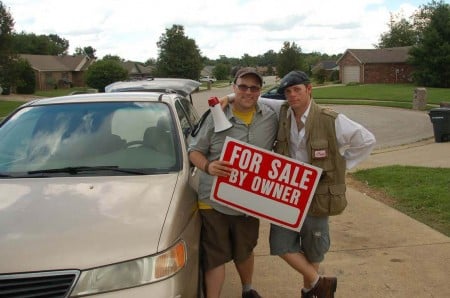
FC apprentice Keith Huff (left)
and mentor Herschel Zahnd (right)
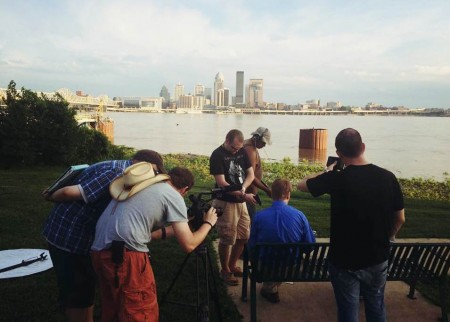 “I do a lot of research,” he says. “I listen to a lot of my favorite directors [tell] how they got started. So many of them were, ‘I dropped out of film school.’ And I’m like, ‘Should I even go to film school?’…You can get a camera with all the technology stuff you have today. Hollywood is in your backyard. You don’t have to go out Hollywood anymore to do this…And I just kind of felt like that’s what Film Connection was. I don’t feel like I’m going to school. I feel like they’ve hired me, if that makes sense.”
The Film Connection placed Keith as an apprentice with Herschel Zahnd of American Recording Co. in Louisville, KY. He and his mentor hit it off well, and since that time not only has Keith has been able to play an integral role helping his mentor on film projects, but Herschel has also played a major role in helping Keith with his first self-directed short film!
Speaking of which—let’s get back to that story.
Keith says the script for For Sale By Owner was born because he actually needed to downsize his ideas for a Film Connection assignment.
“All my ideas were huge. I had all these big, epic story ideas,” says Keith. “I wrote a screenplay for the Film Connection to take out with me to Los Angeles called Two Steps from Hell. Part of the assignment in the book was you had to direct the first ten pages of it. And Herschel was like, ‘Yeah, that’s going to cost us $100,000 for the first ten pages.’ Okay, I got it. I need to write something else because we can’t do that…Herschel gave me an idea like, ‘Why don’t you just write a ten-page story? Just from beginning to end, just go write a story, something small. Think about what we have available to us.’”
“I do a lot of research,” he says. “I listen to a lot of my favorite directors [tell] how they got started. So many of them were, ‘I dropped out of film school.’ And I’m like, ‘Should I even go to film school?’…You can get a camera with all the technology stuff you have today. Hollywood is in your backyard. You don’t have to go out Hollywood anymore to do this…And I just kind of felt like that’s what Film Connection was. I don’t feel like I’m going to school. I feel like they’ve hired me, if that makes sense.”
The Film Connection placed Keith as an apprentice with Herschel Zahnd of American Recording Co. in Louisville, KY. He and his mentor hit it off well, and since that time not only has Keith has been able to play an integral role helping his mentor on film projects, but Herschel has also played a major role in helping Keith with his first self-directed short film!
Speaking of which—let’s get back to that story.
Keith says the script for For Sale By Owner was born because he actually needed to downsize his ideas for a Film Connection assignment.
“All my ideas were huge. I had all these big, epic story ideas,” says Keith. “I wrote a screenplay for the Film Connection to take out with me to Los Angeles called Two Steps from Hell. Part of the assignment in the book was you had to direct the first ten pages of it. And Herschel was like, ‘Yeah, that’s going to cost us $100,000 for the first ten pages.’ Okay, I got it. I need to write something else because we can’t do that…Herschel gave me an idea like, ‘Why don’t you just write a ten-page story? Just from beginning to end, just go write a story, something small. Think about what we have available to us.’”
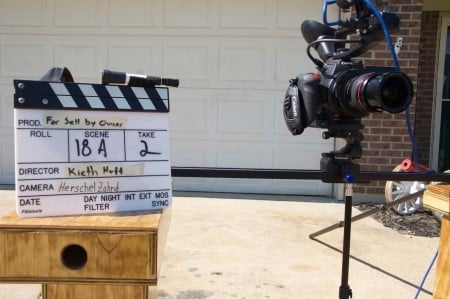 The result was For Sale By Owner. Keith wrote and directed the film, and his mentor acted as director of photography. Keith says that during shooting, he learned firsthand how many things can go wrong on a film set, from losing filming locations to losing (and firing) actors, to weather nightmares. It forced Keith to think on his feet.
“It was mid-July, 100-degree weather,” he says. “Thunderstorms every single day would just come in right at the end. We would finish a scene and then dark clouds: something out of Poltergeist or Ghost Busters came out of nowhere and destroyed our set. We actually lost our set on the third day…But we just kind of rolled with it and made it work…Herschel told me, ‘I can’t believe this. You’re probably getting 10 years’ worth of experience just in three days!’ Just because of all the crazy stuff we had.”
It was a hard-won victory but the eye-opening experiences Keith gained while doing his first short haven’t diminished his passion in the least. For Sale By Owner will be released shortly. Furthermore, Keith just completed a job with Fox Studios and is currently production assisting for Master Chef. And…he’s booked airline tickets and is coming out to Los Angeles to complete his final step in the Film Connection program, he’s pitching to a major film producer or film executive, one-on-one. Even as Keith’s apprenticeship comes to a close, the productive working relationship Keith has with mentor Herschel Zahnd is one that’s going to continue.
“You couldn’t ask for a better mentor,” says Keith. “He really knows his stuff…We’ve already forged a friendship, and I’ve already got plans to be working with him on future projects. So it’s not just like, ‘Hey, your program is over. Goodbye.’ I feel like we are going to be working together for a while.”
Is there risk involved in this career path? Certainly. But Keith says he’s done playing it safe. “I’m kind of at the stage and part of my life where I’m like, ‘Okay, I really want a good career,” he says. “I really want to do something that I love. I’m tired of doing jobs that I don’t like…Even though I was playing it safe, I could still fail. So why not go after what I want?”
The result was For Sale By Owner. Keith wrote and directed the film, and his mentor acted as director of photography. Keith says that during shooting, he learned firsthand how many things can go wrong on a film set, from losing filming locations to losing (and firing) actors, to weather nightmares. It forced Keith to think on his feet.
“It was mid-July, 100-degree weather,” he says. “Thunderstorms every single day would just come in right at the end. We would finish a scene and then dark clouds: something out of Poltergeist or Ghost Busters came out of nowhere and destroyed our set. We actually lost our set on the third day…But we just kind of rolled with it and made it work…Herschel told me, ‘I can’t believe this. You’re probably getting 10 years’ worth of experience just in three days!’ Just because of all the crazy stuff we had.”
It was a hard-won victory but the eye-opening experiences Keith gained while doing his first short haven’t diminished his passion in the least. For Sale By Owner will be released shortly. Furthermore, Keith just completed a job with Fox Studios and is currently production assisting for Master Chef. And…he’s booked airline tickets and is coming out to Los Angeles to complete his final step in the Film Connection program, he’s pitching to a major film producer or film executive, one-on-one. Even as Keith’s apprenticeship comes to a close, the productive working relationship Keith has with mentor Herschel Zahnd is one that’s going to continue.
“You couldn’t ask for a better mentor,” says Keith. “He really knows his stuff…We’ve already forged a friendship, and I’ve already got plans to be working with him on future projects. So it’s not just like, ‘Hey, your program is over. Goodbye.’ I feel like we are going to be working together for a while.”
Is there risk involved in this career path? Certainly. But Keith says he’s done playing it safe. “I’m kind of at the stage and part of my life where I’m like, ‘Okay, I really want a good career,” he says. “I really want to do something that I love. I’m tired of doing jobs that I don’t like…Even though I was playing it safe, I could still fail. So why not go after what I want?”
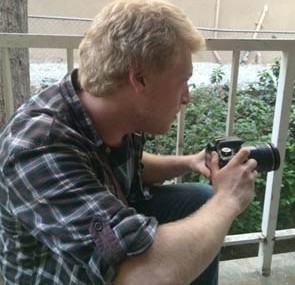
FC graduate Noah Dekel
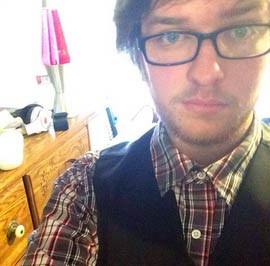
Bryan Burkett
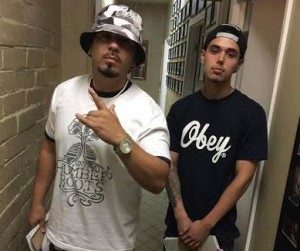
RC apprentice J.C. Bellina with Baby Bash

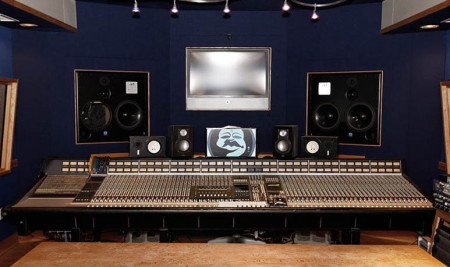
Studio A in Phat Buddha Productions
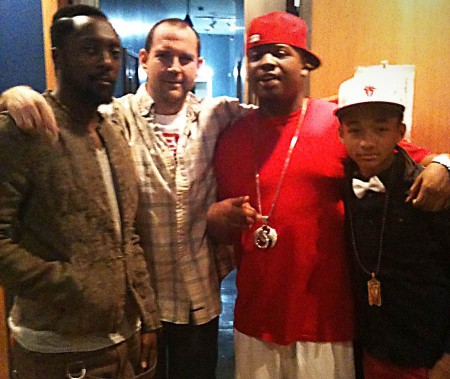
will.i.am, Mike Landau, Stevie Stone and Jaden Smith at Phat Buddha Productions
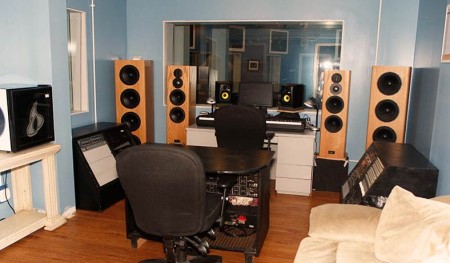
Studio B in Phat Buddha Productions
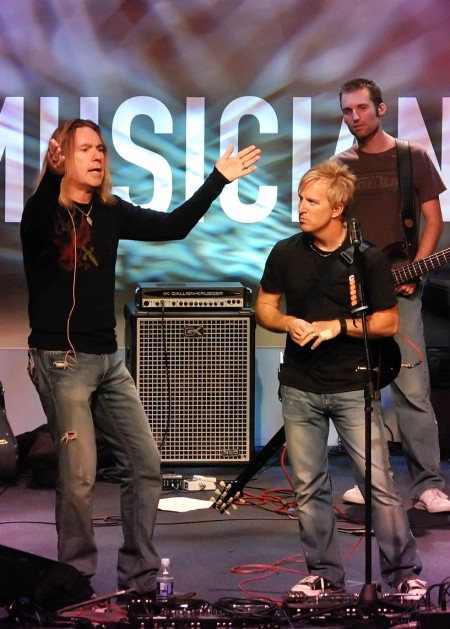
Tom Jackson
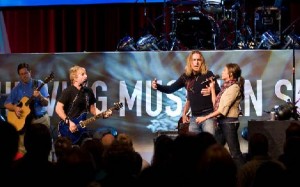 Included are two full days of fun and enlightening instruction and a chance to play for music industry pros at the evening Showcase!
We’re happy to offer this intensive 2-Day Live Performance Bootcamp for only $299. Seating is limited so act quickly!
**Hotel arrangements, lodging, food and travel are not included.
Included are two full days of fun and enlightening instruction and a chance to play for music industry pros at the evening Showcase!
We’re happy to offer this intensive 2-Day Live Performance Bootcamp for only $299. Seating is limited so act quickly!
**Hotel arrangements, lodging, food and travel are not included.
Follow the link here, then click on the “workshops” tab and scroll down to “Tom Jackson Bootcamp.”



RRFC is education upgraded for the 21st century.
Get the latest career advice, insider production tips, and more!
Please fill out the following information, and RRFC Admissions will contact you to discuss our program offerings:
Stay in the Loop: Subscribe for RRFC news & updates!
© 2025 Recording Radio Film Connection & CASA Schools. All Rights Reserved.
